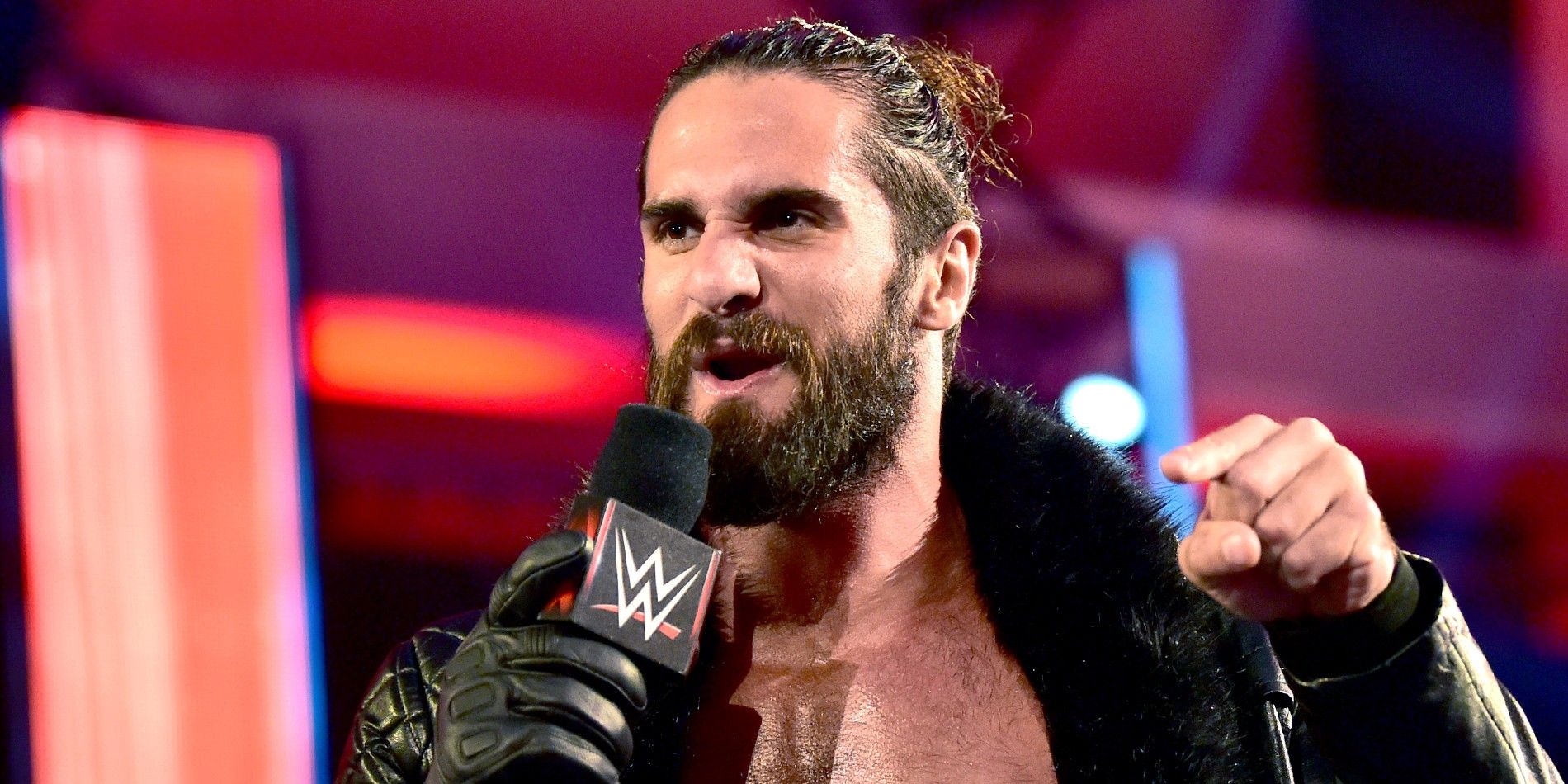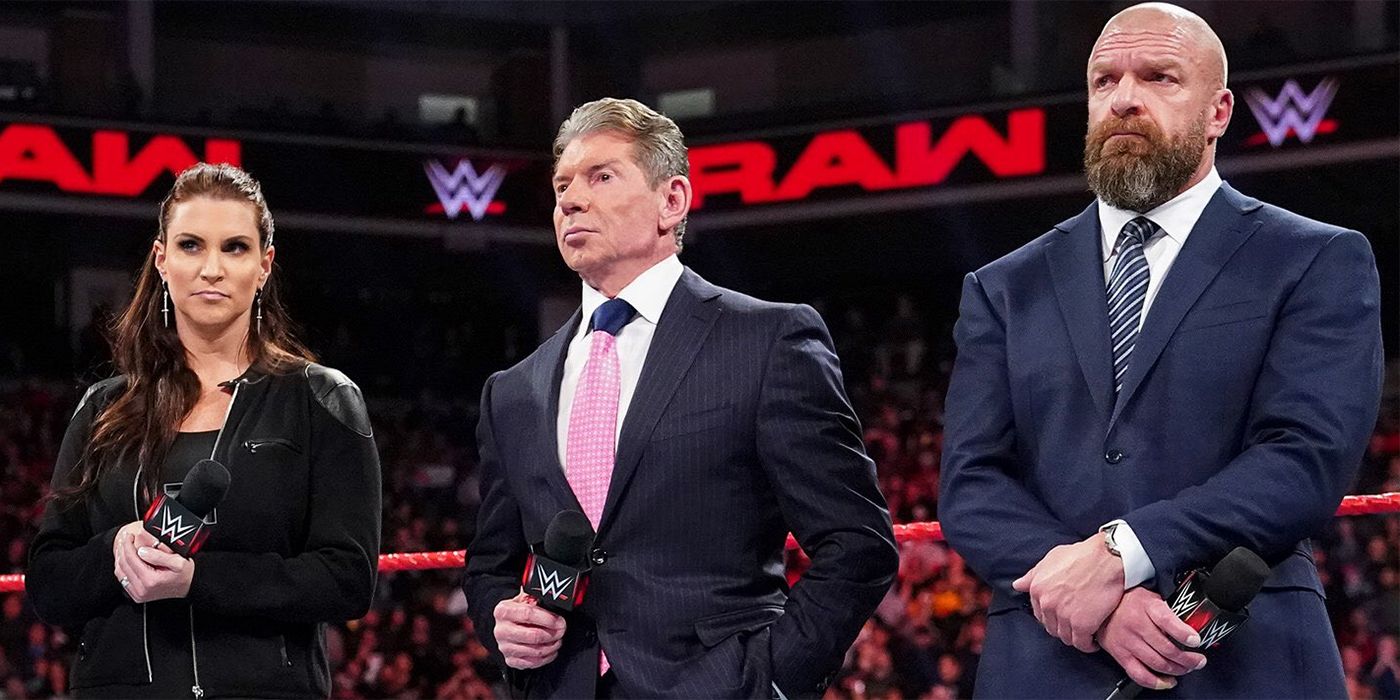
Why is WWE's Monday Night Raw suffering its worst ever ratings? The coronavirus pandemic has ruined a lot of things for a lot of people, and played havoc with industries across the globe. In the face of widespread shutdowns for the entertainment industry, wrestling continued forward, with WWE, AEW and more competing to the sound of tumbleweed in their respective arenas. Both companies have attempted to mitigate the impact of the absent fans, from peppering the ringside area with other wrestlers to making increased use of pre-filmed cinematic matches. Nevertheless, the situation is far from ideal, and a great deal of atmosphere, effect and gravity is lost when the roar of the crowd is replaced by stony silence or muted applause from socially-distant colleagues.
Wrestling as a whole has suffered, but WWE's flagship show, Monday Night Raw, appears to be bearing the brunt of the COVID-19 effect. After a steady decline during the "empty arena era," the July 6th episode posted 1.69 million viewers on the USA network, the second lowest in the company's history, but the following week saw a further drop to 1.56 million - the lowest since Raw began in 1993. The past 2 episodes have notched 1.63 million and 1.61 million averages. Officially, WWE is blaming Raw's misfortune on the pandemic, but does this tell the whole story?
Undoubtedly, the pandemic is at least partly to blame for Monday Night Raw's record low ratings, since there's a clear correlation between the recent decline in numbers and the beginning of lockdown. Not only does the lack of fans create a lesser viewing experience for TV, but WWE were slower to adapt compared to their rivals, meaning measures such as putting wrestlers in the crowd came in later than they could have. The unavailability of certain wrestlers has led to erratic story developments, and while this is out of the company's control to some extent, recent reports of lax testing procedures and up to several dozen staff testing positive again suggest that quicker, firmer action might've been beneficial.

But if the pandemic was the sole reason for Monday Night Raw's current woes, the effect would be more or less equal across all of WWE's brands, as well as AEW. That doesn't appear to be the case. Smackdown's viewership has certainly taken a hit since the pandemic arrived, but the difference is more a dip than a collapse, whereas both WWE's NXT brand and AEW have stayed mostly stable, with relatively minor drops. Something deeper is clearly going on.
One area worth examining is Raw's overall quality in recent years. Arguably, WWE's Monday night misfortune can be traced all the way back to December 2018. After a string of low ratings and critical maulings, the McMahon family stepped out on Monday Night Raw and apologized to fans in a refreshingly "real" introduction to the show. They promised improvements and major changes, but while Raw hasn't consistently remained as bad as the days when Drake Maverick was urinating himself, neither has it addressed the core problems that caused the McMahons to come out and speak in the first place. Stories still feel hastily written, NXT call-ups are still horribly underused and the reluctance to build new talent is still a common frustration. This isn't as much of a problem for Smackdown, and certainly not for NXT, which has earned a reputation for reliable high quality.
Another potential factor in Raw's current low ratings is the target audience of each WWE brand. Generally considered the company's flagship, Raw is positioned as the most accessible WWE product for the casual wrestling fan, focusing on big name talent and the more entertainment-y side of pro wrestling. While the recent women's karaoke segment might suggest otherwise, Smackdown is known for a heavier focus on the in-ring action, and appeals more to the dedicated wrestling fan. NXT and AEW both chart under the 1 million mark in terms of weekly viewership, but enjoy the loyalty of passionate wrestling supporters. While appealing to the casual viewer is part of WWE's success story, the less invested fans will always be first to switch off when something like a global pandemic begins to make a show less enjoyable, and with Raw catering to this audience, Monday nights were perhaps always going to suffer more during these strange times.
from ScreenRant - Feed https://ift.tt/2X6Viot


0 Comments